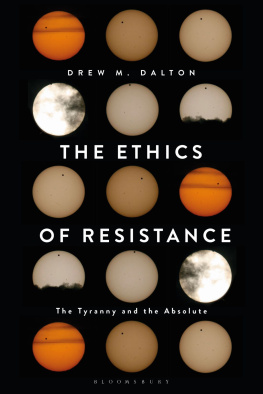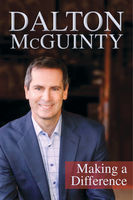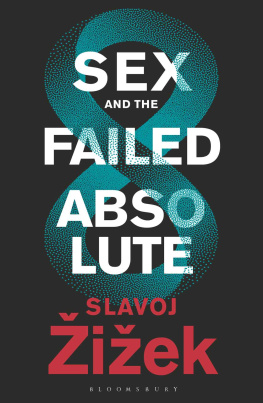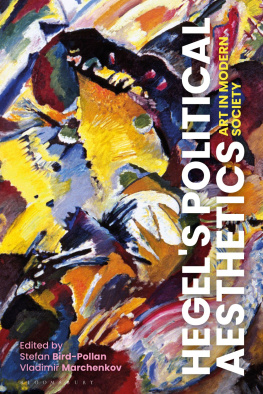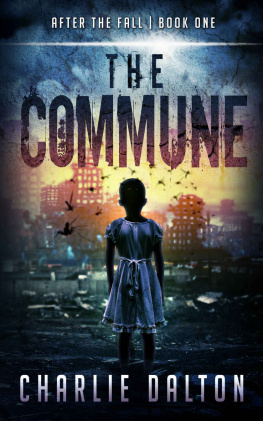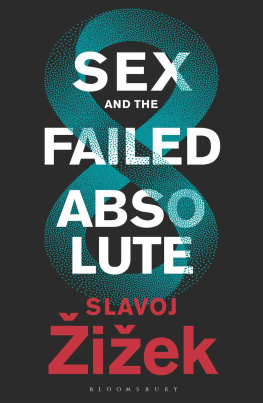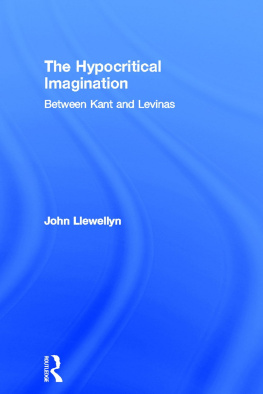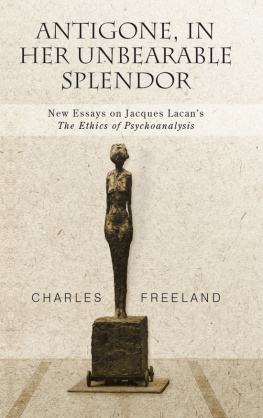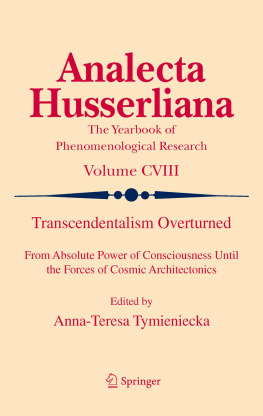The Ethics of Resistance
Also available from Bloomsbury
Being and Event , Alain Badiou
On Resistance , Howard Caygill
Resistance, Revolution and Fascism: Zapatismo and Assemblage Politics , Anthony Faramelli
Hegel and Resistance , edited by Rebecca Comay and Bart Zantvoort
Errant Affirmations , David J. Kangas
Apocalyptic Political Theology , Thomas Lynch
After Finitude: An Essay on the Necessity of Contingency , Quentin Meillassoux
For Rudi
The Ethics of Resistance: Tyranny of the Absolute
DREW M. DALTON

Contents
For All the Devils:
I would like to begin by taking a moment to thank a number of people in my life without whom the present volume would not have been possible. First, I would like to thank my friends, colleagues, and students at Dominican University who have supported me emotionally, intellectually, and financially as I have prepared the various drafts of this book. Specifically Id like to thank the members of the Philosophy Department, Tama Weisman, Nkuzi Nnam, and Kelly Burns; the administration of RCAS; and the university as a whole, especially then dean of RCAS and now provost of the university, Jeffrey Carlson. The constant support and encouragement of the Dominican University community was invaluable as I balanced my teaching responsibilities with my writing duties.
Id also like to thank the students and faculty of the Departments of Philosophy and Political Science at Brock University, my second intellectual home, who have generously allowed me to try out the various arguments and theses articulated here over the past few years through a series of invited seminars and lectures on my research. Special thanks are due to Athena Colman, Michael Berman, Rohit Dalvi, Leah Bradshaw, and my dear friend and constant ally Rajiv Kaushik.
Im deeply indebted as well to everyone at Bloomsbury for their guidance, thoughtful suggestions, and hard work, particularly Frankie Mace, who was the ideal editor for this project and whose constant good humor made bringing this work to publication a complete delight. Special thanks are also due to Tom Sparrow and Dylan Trigg, both of whom read early drafts of this manuscript and made vitally important recommendations, most significant of which was suggesting I contact Bloomsbury to begin with. I also owe a deep debt of gratitude to my dear friend Elizabeth Fansher who took time while on vacation to read through and edit the first complete draft of this text.
To my family and friends, Robin, Thea, Pop, Paul Simpson, Andrew Osborne, and Luke Jenner, I owe more than I could ever do justice with words. I am especially grateful to the stubborn persistence of David Banach, with whom and against whom the first seeds of this work were sown. Finally, I want to acknowledge Rudi Visker, whose influence permeates both this work and my intellectual life as a whole. Visker not only taught me what philosophical resistance looks like in a million little ways, he still inspires me to think more broadly and deeply and to never give up on or give in to my temptations to be complicit with and complacent to my own desires, the expectations of others, or the laws of the universe.
If someone here told me to write a book on morality, it would have a hundred pages and ninety-nine would be blank. On the last page I should write: I recognize only one duty, and that is to love. And, as far as everything else is concerned, I say, no. I say no with all my strength.
ALBERT CAMUS, NOTEBOOKS: 193542
The history of ethics in the West is a history of collaborationa history of assent and affirmation. It is the history of the varied attempt to identify some idea of an absolute good and to define the various means by which one may live perfectly in accordance with it. Virtue belongs, according to this story, to the one who both knows the absolute and has the courage and constancy to act appropriately: to submit themselves to it willingly, fully, and constantly. Whether conceived of as an eternal god, universal maxim, or maximization of happiness or defined as the product of divine revelation, rational deduction, or moral calculation, the origin and apogee of ethical thinking in the West has always figured as a kind of moral yea-saying to some absolute goodan intellectual and practical acquiescence to some conceived supreme value. So it is that the history of ethical philosophy in this tradition takes on the image of an angelic chorus: the voices of its authors filling the annals of religious dogma and rational intellection alike with the echo of a million amens. Let the absolute reign, forever and ever, they sing. Let it be in our minds and in our actions, on earth as it is in the heavenly realms of thought.
Evil within this narrative has received the lesser part. Cast as a form of moral failure by the philosophers of the West, evil has rarely been granted its own ethical power. Instead, it has been placed in the subordinate position: defined not as a moral force in its own right, but as the perversion, rejection, or negation of the moral force of the absolute. As such, evil has been traditionally portrayed in the West as the consequence of an inability or unwillingness within a moral subject to submit to the natural
But what has this history of ethical thought wrought? What practical benefit has been accomplished by the yea-saying attendants of the idea of the absolute? The kingdom of heaven on earth? Immanuel Kants perpetual peace? Jeremy Benthams happiness? No, none of these. Instead, a variety of totalitarianisms set up in the name of some form of absolute justice, purity, power, or security, at least two global wars waged to end all wars and secure perpetual peace, the North Atlantic Slave Trade, the Armenian Genocide, the Shoah, Srebrenica, and countless other massacres. Was all this demonstrative evil little more than the product of some lesser part within us? Was all this suffering nothing more than the result of a moral reluctance within our nature, some unwillingness within us to submit fully or bow appropriately to the absolute good? Can it be that the abject horror of human history is simply the result of something missing from our hearts or mindssome flawed conscience, or perhaps some collective idiocy, weakness, or innate wickedness which has prevented us from affirming wholly the absolute good and joining the morally upright yea-saying philosophers of history? Can it be that the profound suffering of the other which cries out to us from the pages of human history is really nothing more than the effect of something negative within ussome ethical deprivation which operates at the core of our being? Perhaps.
Perhaps the moralists of the West are right. Maybe we are all conceived in wickedness and born into sin, as the Psalmists wrote and the Evangelists snarl. Perhaps we are in fact structurally limited by the frailty of our finitude, destined to always fall short of the absolute: capable only of knowing it dimly and acting halfheartedly in its name. Or perhaps, more hopefully, we simply have not applied ourselves fully to the task yet. Maybe if only we were to redouble our efforts to be good, to know the absolute fully and realize its order completely, we could finally make a heaven for ourselves here on earth, as individuals, as a polis, and eventually as a planet. But, then again, perhaps the moralists of the West are wrong. Perhaps all the evil we have known is not the result of some lesser part, some moral failure to attain the absolute, but something else entirely.

